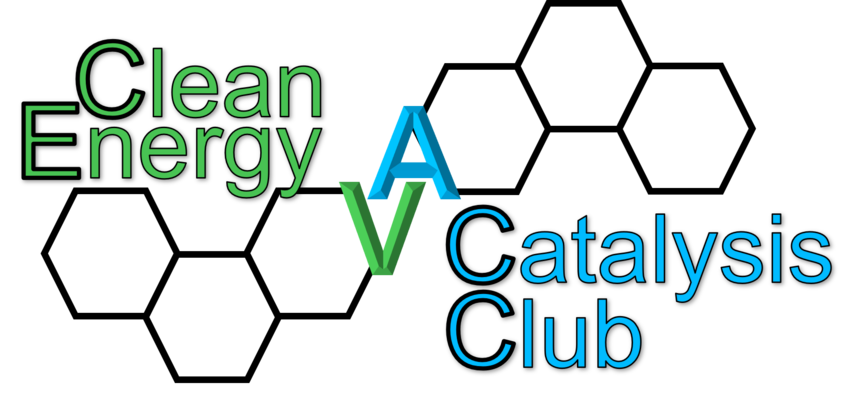Tuesday, May 4, 2021 featured:
Professor Hailiang Wang from the Yale University
"Heterogenized Molecular Catalyst Materials for Electrochemical Carbon Dioxide Conversion"
Abstract:
Sustainable energy utilization and carbon emission reduction are critical challenges for the world. Solving these challenges requires precise control of many important chemical reactions with sluggish kinetics and myriad possible reaction pathways and associated products. There is a critical need for selective, active, durable and low-cost catalysts. This talk presents our research efforts aimed at bridging the gap between homogenous catalysis and heterogeneous catalysis to realize materials with new or improved electrocatalytic properties for the carbon dioxide reduction reactions. We have developed heterogenized metal-complex electrocatalysts allowing for mechanism-based optimization at the molecular level. We have discovered interesting phenomena including ligand-mediated electron transfer, beyond two-electron reduction via a domino process, and reversible restructuring under reaction conditions. We have also designed reactors to enhance electrochemical performance, study surface/interface phenomena, and perform thermodynamically challenging reactions.
Bio:
Hailiang Wang is currently an Associate Professor in the Department of Chemistry at Yale University. He is also a faculty member of the Energy Sciences Institute on Yale West Campus. Prior to joining Yale in 2014, he was a Philomathia Postdoctoral Fellow in the Department of Chemistry at University of California, Berkeley. He received his Ph.D. in chemistry from Stanford University in 2012 and B.S. in chemistry from Peking University in 2007. His research aims to understand the structures and properties of materials at solid/liquid interfaces under electrochemical conditions and to establish design principles for new and improved electrocatalyst and battery materials. His academic honors include the NSF Career Award, the Sloan Research Fellowship, and Web of Science Highly Cited Researcher (2016-2020).


